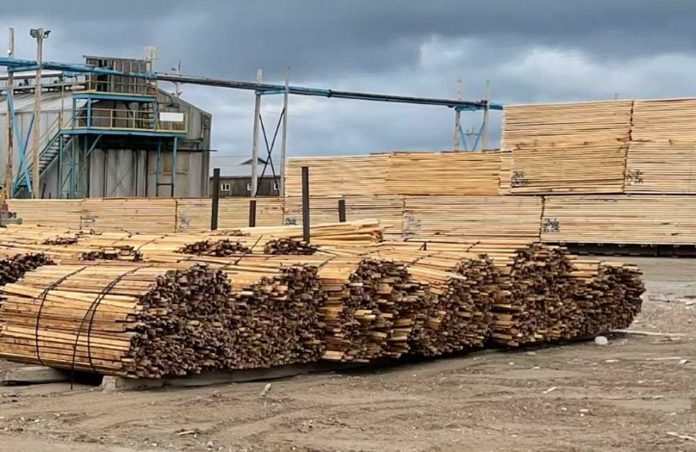Analyzing the potential impact on Northwestern Ontario’s economy as the U.S. threatens new trade barriers
Thunder Bay – BUSINESS – With President-Elect Donald J. Trump’s pledge to impose tariffs on all U.S. imports, Canadian industries face significant uncertainties that could have ripple effects on jobs, exports, and economic growth. For Thunder Bay and Northwestern Ontario, sectors like auto parts, softwood lumber, mining, and technology may see increased costs, lower demand, and supply chain disruptions. Here’s an industry-by-industry breakdown of how potential tariffs could reshape the local economic landscape.
Softwood Lumber: A Longstanding Trade Issue Made Worse
Softwood lumber has historically been a contentious trade issue between Canada and the U.S. Trump’s proposed tariffs add fresh uncertainty to an already strained relationship. The tariffs could heighten lumber costs, adding to the pressure on Northwestern Ontario’s forestry sector—a major local employer.
The region’s timber producers could see higher export costs to the U.S., making Canadian softwood less appealing in a competitive American market. For local companies, these tariffs could lead to cutbacks, slower production, and potentially even layoffs if demand drops sharply. Thunder Bay, which has several sawmills and forestry-related businesses, could be hit hard by the double impact of tariffs and already-low market prices.
The Canadian government may have to intervene to support the lumber industry, likely by exploring new markets beyond the U.S. or offering subsidies to affected businesses. However, this process would take time, leaving Northwestern Ontario’s lumber sector in a vulnerable position.
